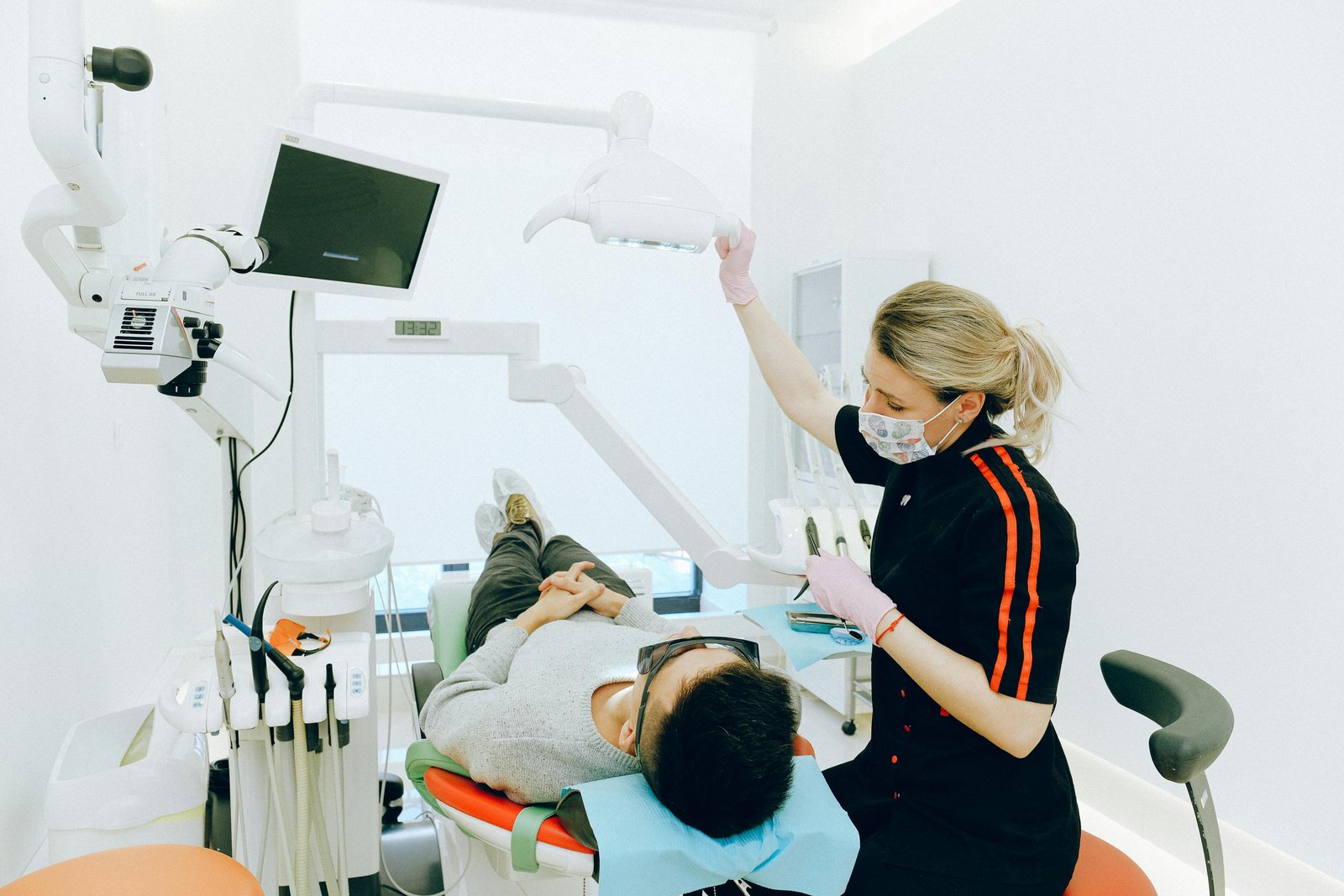TL;DR:
- Best Healthcare in 2024:
- Singapore
- Japan
- South Korea
- Taiwan
- China
- Norway
- Iceland
- Sweden
- Switzerland
- Netherlands
- Key Metrics:
- Singapore, Japan, and South Korea: High accessibility, moderate affordability.
- U.S.: Ranks last in access, efficiency, and equity.
- Universal Healthcare Benefits: Accessibility, equality, preventive care, efficiency, and public health improvement.
- U.S. Challenges: Lack of universal coverage, high costs, administrative inefficiencies, and poor health outcomes.
- Potential Reforms: Implement universal healthcare, reduce inefficiencies, and focus on preventive care.
Do you ever wonder what country has the best Healthcare on the charts in 2024? The answer might surprise you! From innovative medical tech to comprehensive coverage, some nations are acing the game. Let’s uncover which countries are setting the gold standard in healthcare and why the U.S. lags despite its world-class facilities. Ready to see who made the leaderboard this year? Keep reading to find out!
Top Countries with the Best Healthcare Systems
Are you wondering which country has the best healthcare in 2024? According to the latest rankings, Singapore takes the top spot. With outstanding quality of care and advanced medical infrastructure, Singapore stands out as a leader in healthcare excellence.
Japan follows closely. It has improved its healthcare system significantly by extending universal coverage and using cutting-edge technology for healthcare monitoring. South Korea ranks third because of recent advancements in access and quality of care.
Taiwan, specifically its capital, Taipei, is famed for its stellar healthcare system, earning fourth place. China is fifth, thanks to its ambitious “Healthy China 2020” policy. This policy covers 95% of the population and involves annual investments exceeding US$1.1 trillion. Norway comes in sixth, boasting the fourth-highest healthcare spending in the OECD and a life expectancy of 83.1 years.
Iceland, known for its excellent social support system and high life expectancy of 83 years, ranks seventh. Sweden ranks eighth with similar life expectancy rates and low infant mortality. Switzerland, with the highest life expectancy in Europe at 83.8 years, ranks ninth. Lastly, the Netherlands ranks in the top ten and is renowned for its consistently high-ranking universal healthcare system.
Top 10 Countries with the Best Healthcare Systems
- Singapore
- Japan
- South Korea
- Taiwan
- China
- Norway
- Iceland
- Sweden
- Switzerland
- The Netherlands
What makes these countries exceptional? Singapore’s system is highly efficient, focusing on both preventive and curative services. Japan has integrated advanced technology into healthcare, enhancing patient outcomes. South Korea offers state-of-the-art medical services known for accessibility and quality.
Norway and Iceland heavily invest in their healthcare systems, ensuring top-notch medical care for citizens. Sweden and Switzerland emphasize preventive care, boosting high life expectancy rates. The Netherlands excels in providing universal healthcare, ensuring comprehensive medical services for all citizens without financial burden.
Comparing Healthcare Quality Across Countries

When it comes to healthcare quality rankings, some countries consistently rise to the top. The Commonwealth Fund’s reports often rank healthcare systems, with the United States consistently coming in last in several years, including 2006, 2007, 2010, 2014, 2017, and 2021. Meanwhile, European countries frequently shine in these evaluations.
The Legatum Institute’s 2023 report uses a “Health pillar” to evaluate healthcare systems, considering factors like societal health and access to healthcare services. Their findings align with the Commonwealth Fund’s 2023 Scorecard, highlighting affordability issues in the U.S. and problems like premature deaths from heart disease, diabetes, and drug overdoses. Although the U.S. has some of the best medical technology, it struggles with consistent quality and accessible care.
Key Quality Metrics
- Accessibility
- Efficiency
- Equity
- Patient Outcomes
- Affordability
Healthcare Quality Scores by Country
| Country | Accessibility | Efficiency | Equity | Patient Outcomes | Affordability |
|—————|—————|————|——–|——————|—————|
| Singapore | High | High | High | Excellent | Moderate |
| Japan | High | High | Moderate | Excellent | Moderate |
| South Korea | High | Moderate | Moderate | High | Moderate |
| United States | Low | Low | Low | Moderate | Low |
| Netherlands | High | High | High | High | High |
Accessibility and Affordability of Healthcare
Which country ranks highest in healthcare accessibility and affordability in 2024? Countries with universal coverage, no-cost barriers, and investments in high-quality and equitable health services typically stand out. According to the Commonwealth Fund’s 2023 Scorecard, the U.S. ranks last among high-income countries in access to care, administrative efficiency, equity, and responsive healthcare. The U.S. remains the only high-income country without universal health coverage, significantly affecting its rankings.
Why is healthcare accessibility so crucial? It ensures everyone can get medical attention without facing financial ruin. Countries like Singapore, Japan, and South Korea excel in this area. They’ve removed cost barriers and invested in equitable health services. The Commonwealth Fund’s data shows these nations have better healthcare outcomes because they avoid the inefficiencies and inequalities seen in other systems, especially the U.S.
Affordability prevents healthcare from becoming a financial burden. High healthcare costs can lead people to avoid necessary care, worsening health outcomes. The Commonwealth Fund’s 2023 Scorecard highlights ongoing affordability issues in the U.S. In contrast, countries like Norway, Iceland, and Sweden have systems where affordability is less of a concern, thanks to universal coverage and significant public investment.
Healthcare Accessibility and Affordability by Country
| Country | Accessibility | Affordability |
|—————|—————|—————|
| Singapore | High | Moderate |
| Japan | High | Moderate |
| South Korea | High | Moderate |
| United States | Low | Low |
| Norway | High | High |
| Iceland | High | High |
Universal Healthcare and Its Benefits

Universal healthcare ensures everyone has access to medical services without financial hardship. What are its benefits? First, it makes medical services accessible to all, regardless of income, removing cost barriers that often prevent necessary care. Second, it promotes equality, ensuring equal levels of care for everyone. Third, it focuses on preventive care, catching health issues early. Fourth, universal systems tend to be more efficient, streamlining administrative processes. Finally, it improves public health by ensuring access to vaccinations, screenings, and essential services.
Benefits of Universal Healthcare
- Accessibility: Everyone can get the care they need without financial stress.
- Equality: Equal care for all, regardless of income.
- Preventive Care: Early detection of health issues.
- Efficiency: Streamlined administrative processes.
- Public Health Improvement: Access to vaccinations and screenings.
Countries successfully implementing universal healthcare offer great examples. The United Kingdom’s National Health Service (NHS) provides universal, free healthcare for all citizens. Germany funds its healthcare through statutory contributions, ensuring high-quality care is consistently available. New Zealand also offers universal and free healthcare, ensuring equal access for everyone. Switzerland mandates private health insurance for all residents, ensuring unique universal coverage. France, Switzerland, the Netherlands, and Germany combine universal healthcare with significant private-sector involvement, effectively showing various ways to achieve this goal.
Healthcare Innovation and Medical Technology Leaders
Which countries lead in healthcare innovation and medical technology in 2024? Singapore tops the list with exceptional quality of care and advanced medical infrastructure. It’s a go-to for the most advanced medical technologies.
Japan ranks second, optimizing healthcare monitoring with tech while providing universal coverage. Think of it as smart and inclusive healthcare. South Korea, placing third, has made significant advancements in access and quality of care by integrating tech for more efficient medical services.
Countries with Noteworthy Medical Technology Advancements
- Singapore: Leading in advanced medical infrastructure.
- Japan: Optimized healthcare monitoring with tech.
- South Korea: Significant improvements in access and quality.
- United States: Excels in certain medical treatments and top-notch facilities.
The U.S. is a mixed bag. It excels in specific medical treatments and has some of the world’s best facilities but falls short of universal coverage. In contrast, countries like France, Switzerland, the Netherlands, and Germany, by combining universal healthcare with significant private sector involvement, show that innovation and accessibility can coexist.
Challenges Faced by the U.S. Healthcare System

Why does the U.S. rank so low in healthcare? According to the Commonwealth Fund, the U.S. ranks last among high-income countries in access to care, administrative efficiency, equity, and responsive healthcare. It’s the only high-income country without universal health coverage, creating significant gaps in care and leaving many without the help they need. The Commonwealth Fund’s 2023 Scorecard also highlights ongoing affordability concerns, with issues like premature deaths from heart disease, diabetes, and drug overdoses being particularly troubling.
While U.S. healthcare costs have skyrocketed, life expectancy improvements have lagged. Misconceptions may suggest other countries have terrible or flawless systems, but the reality is more complex. Reports from the Legatum Institute and the Commonwealth Fund consistently highlight these challenges.
Major Challenges in U.S. Healthcare
- Lack of Universal Coverage
- High Healthcare Costs
- Administrative Inefficiencies
- Equity and Access Issues
- Poor Health Outcomes
What can be done to fix this? Potential reforms include implementing a universal healthcare system to ensure everyone gets the necessary care. Reducing administrative inefficiencies could also help lower costs. Additionally, focusing on preventive care could improve overall health outcomes. By tackling these issues head-on, the U.S. could start climbing the healthcare rankings and providing better care to all its citizens.
Final Words
We’ve covered much about what country has the best healthcare and how different nations stack up.
From Singapore’s advanced medical infrastructure to Iceland’s strong social support, each country has unique strengths.
Access, affordability, and innovation play significant roles in these rankings.
The U.S. still faces challenges, especially with universal coverage and healthcare costs.
Countries with universal healthcare, like the UK and Germany, show significant benefits.
Choosing the best healthcare system isn’t easy, but knowing these insights helps.
Here’s to better healthcare and informed choices!
FAQ
What country has the best healthcare in 2024?
A: Singapore ranks as the best country for healthcare in 2024, known for its exceptional quality of care and advanced medical infrastructure.
What are the healthcare rankings by country?
A: Healthcare rankings by country often feature these top ones: Singapore, Japan, South Korea, Taiwan, China, Norway, Iceland, Sweden, Switzerland, and the Netherlands.
Where does the U.S. rank in healthcare?
A: The United States consistently ranks last among high-income countries in access to care, administrative efficiency, equity, and responsive healthcare.
What country is #1 in healthcare?
A: Singapore is number one in healthcare and is known for its quality of care and medical infrastructure.
Is US health care the best in the world?
A: While the U.S. excels in certain medical treatments and has top-notch facilities, it falls short in providing universal coverage and ranks low in overall healthcare performance.
What country has the most advanced healthcare?
A: Countries like Singapore and Japan are known for having the most advanced healthcare systems due to their cutting-edge technology and comprehensive care.
Is healthcare better in the UK or the US?
A: The UK’s healthcare system is generally considered better in terms of accessibility and affordability due to its National Health Service (NHS), which provides free, universal healthcare.

